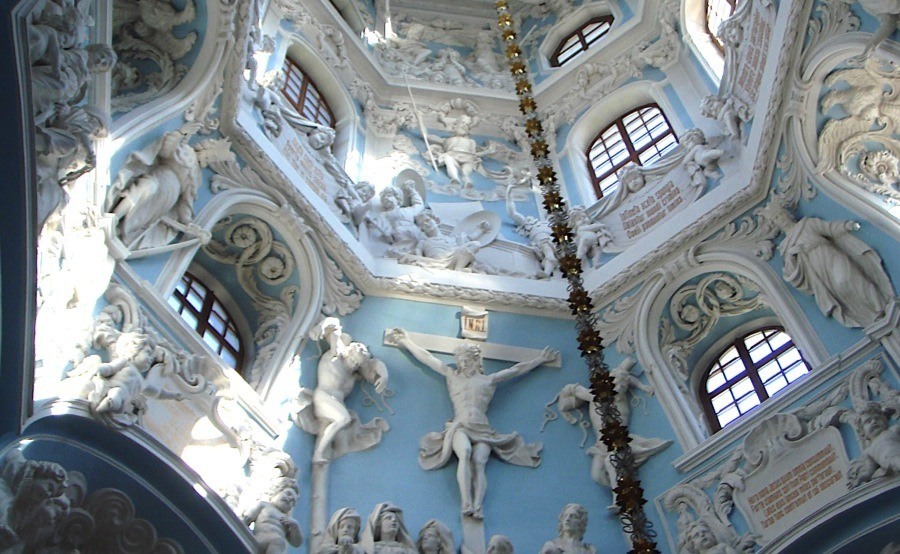„By the end of the second century, Christianity was well established in Egypt, although pockets of paganism continued to co-exist with the new Faith. By 190 AD, the Church of Alexandria was exchanging Paschal epistles with the Churches of Jerusalem and Antioch concerning the date of Easter, and there were about forty dioceses under the Patriarch of Alexandria, in the north of the country, in the Delta area. By 202 AD, there were also Christians in the whole Thebaid, in Upper Egypt, 800 km up the Nile Valley. In his Festal letters, Saint Athanasius mentioned that there were also Christians in the small and large oases in the heart of the desert.“
Someone famous
Church of Martyrs
Historians have named the Coptic Church the `Church of the Martyrs’, not only because of their great number, but also because of their desire for martyrdom. When prevented from worship, they did not hide in the catacombs, but worshipped openly. Many went from place to place, seeking the crown of martyrdom, not considering it death, but rather, as entry into the new life.


